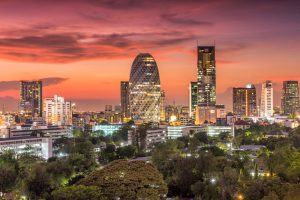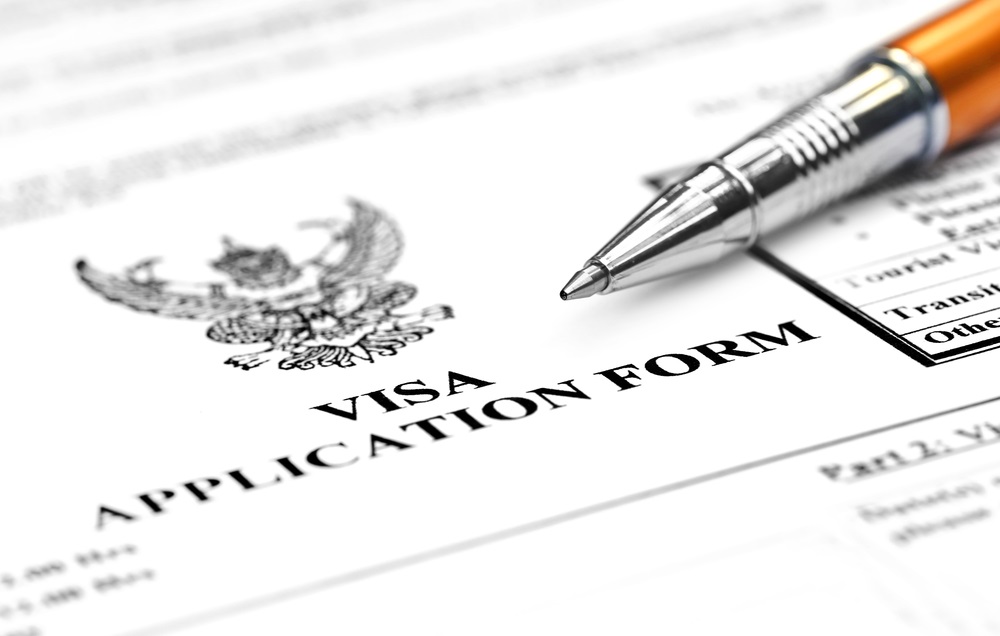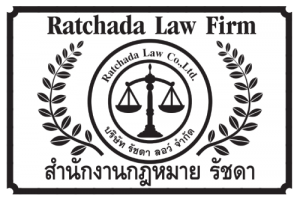1. They are nationals of countries which are exempted from visa requirements when entering Thailand for tourism purposes. Such nationals will be permitted to stay in the Kingdom for a period of not exceeding 30 days.
2. They are nationals of countries which hold bilateral agreements with Thailand on the exemption of visa requirements.
3. Nationals of certain countries may apply for visa upon arrival in Thailand. Travellers with this type of visa are permitted to enter and stay in Thailand for a period of not exceeding 15 days.
4. Travellers travelling from/through countries which have been declared Yellow Fever Infected Areas must acquire an International Health Certificate verifying the receiving of a Yellow Fever vaccination.
5. Nationals of certain countries are required to apply for a visa only at the Royal Thai Embassy or the Royal Thai Consulate-General in the applicant’s country of residence or at the Royal Thai Embassy which has jurisdiction over his or her country of residence. Travellers are advised to enquire visa at any Royal Thai Embassy or Royal Thai Consulate-General before departure.
6. To apply for a visa, a foreigner must possess a valid passport or travel document that is recognized by the Thai Government and comply with the conditions in the Immigration Act and its relevant regulations. In addition, the visa applicant must be outside of Thailand at the time of application. The applicant will be issued with a type of visa in accordance to his or her purpose of visit.
7. In general, applicants are required to apply for a visa in person. However, Royal Thai Embassies and Royal Thai Consulates-General in some countries and in some cases may also accept applications sent through representatives, authorized travel agencies or by post.
8. Please note that the period of visa validity is different from the period of stay. Visa validity is the period during which a visa can be used to enter Thailand. In general, the validity of a visa is 3 months, but in some cases, visas may be issued to be valid for 6 months, 1 year or 3 years. The validity of a visa is granted with discretion by the Royal Thai Embassy or Royal Thai Consulate-General and is displayed on the visa sticker. On the other hand, the period of stay is granted by an immigration officer upon arrival at the port of entry and in accordance with the type of visa. For example, the period of stay for a transit visa is not exceeding 30 days, for a tourist visa is not exceeding 60 days and for a non-immigrant visa is not exceeding 90 days from the arrival date. The period of stay granted by the immigration officer is displayed on the arrival stamp.
8. Please note that the period of visa validity is different from the period of stay. Visa validity is the period during which a visa can be used to enter Thailand. In general, th9. Foreigners entering Thailand are not permitted to work, regardless of their types of visa, unless they are granted a work permit. Those who intend to work in Thailand must hold the correct type of visa (Non-B) to be eligible to apply for a work permit.e validity of a visa is 3 months, but in some cases, visas may be issued to be valid for 6 months, 1 year or 3 years. The validity of a visa is granted with discretion by the Royal Thai Embassy or Royal Thai Consulate-General and is displayed on the visa sticker. On the other hand, the period of stay is granted by an immigration officer upon arrival at the port of entry and in accordance with the type of visa. For example, the period of stay for a transit visa is not exceeding 30 days, for a tourist visa is not exceeding 60 days and for a non-immigrant visa is not exceeding 90 days from the arrival date. The period of stay granted by the immigration officer is displayed on the arrival stamp.
10. Royal Thai Embassies and Royal Thai Consulates-General have the authority to issue visas to foreigners for travel to Thailand. The authority to permit entry and stay in Thailand is with the immigration officers. In some cases, the immigration officer may not permit foreigner holding a valid visa enter country where the immigration officer find reason to believe that he or she falls into the category of aliens prohibited from entering Thailand under the Immigration Act.





